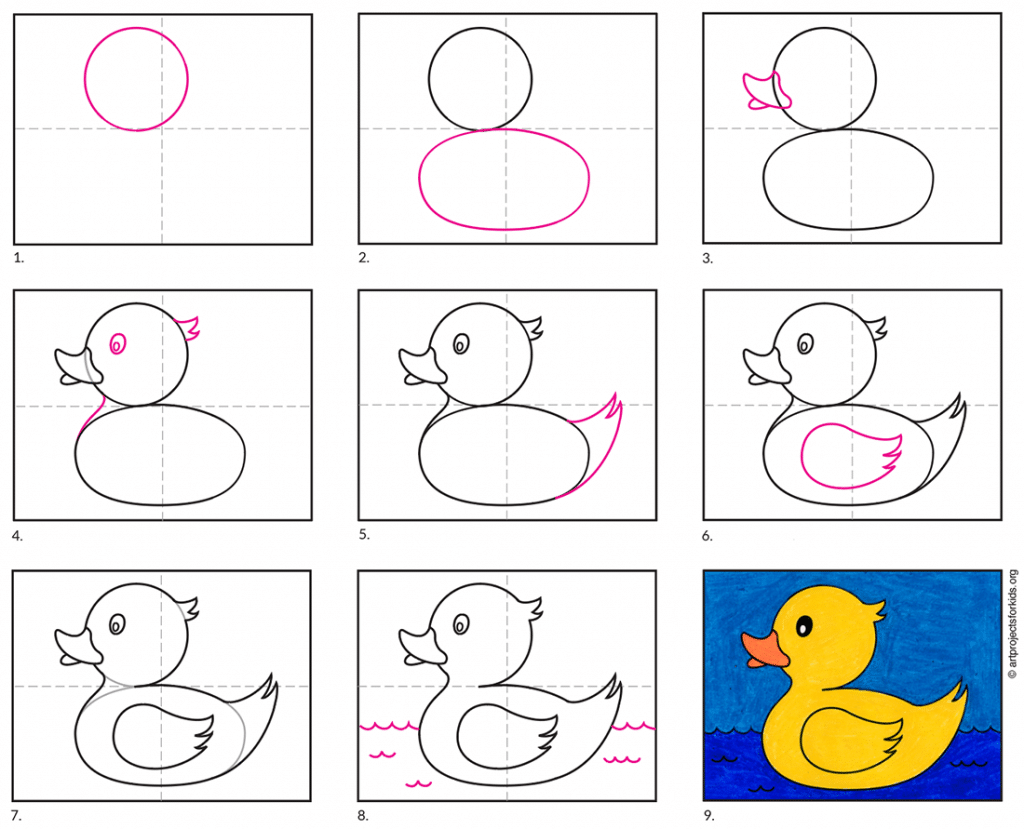Getting your blood drawn what you need to know
Table of Contents
Table of Contents
Are you scheduled for a blood draw and wondering how long you need to fast? Knowing the answer can help you prepare for your appointment and ensure accurate test results. In this article, we will explore how long to fast for a blood draw and related keywords to give you a better understanding of what to expect.
Pain Points Related to Fasting for Blood Draw
Many people find fasting before a blood draw uncomfortable and inconvenient. It can be challenging to refrain from eating or drinking anything other than water for several hours or even overnight. Not knowing exactly how long to fast can also add to the stress and anxiety of the experience.
How Long to Fast for Blood Draw?
The amount of time you need to fast before a blood draw depends on the specific tests your doctor orders. In general, most healthcare providers recommend fasting for at least 8-12 hours before your blood test. This means no food or drinks other than water during that time. However, some tests may require more extended periods of fasting or other special preparations.
Summary of Main Points
In summary, fasting for a blood draw typically requires 8-12 hours of no food or drinks other than water. However, the exact time can vary depending on the specific tests your doctor orders. It is essential to follow your healthcare provider’s instructions carefully to ensure accurate test results.
My Personal Experience with Fasting for Blood Draw
I recently had to fast for a blood draw, and it was challenging for me. I am someone who typically eats small meals throughout the day, so going without food for several hours was tough. I made sure to drink plenty of water to stay hydrated, but I still felt a bit lightheaded towards the end of the fasting period. The actual blood draw itself wasn’t painful, but I was relieved when it was over.
 Tips for Fasting for Blood Draw
Tips for Fasting for Blood Draw
If you are someone who struggles with prolonged fasting or has a more extended period of fasting, there are a few things you can do to make the experience more comfortable. First, make sure to drink plenty of water during your fast. This can help keep you hydrated and reduce feelings of hunger. You can also try distracting yourself with activities such as reading or listening to music.
It is also essential to be prepared for your blood draw appointment. Make sure to wear comfortable clothing that allows easy access to your arm, where the blood will be drawn. Arrive on time and try to stay as calm and relaxed as possible. The more relaxed you are, the easier the procedure will be.
Further Explanation of How Long to Fast for Blood Draw
It is crucial to remember that the exact amount of time to fast before a blood draw can vary depending on the type of test your doctor orders. Some tests require more extended periods of fasting or other special preparations. Your healthcare provider will give you specific instructions on how long to fast before your test and what preparations are required.
 Managing Discomfort During Fasting for Blood Draw
Managing Discomfort During Fasting for Blood Draw
Fasting for a blood draw can be uncomfortable, but there are several things you can do to manage discomfort. First, make sure to stay adequately hydrated by drinking plenty of water during your fast. This can help reduce feelings of hunger and dizziness. You can also try distracting yourself with activities such as reading or listening to music.
If you are feeling particularly anxious or uncomfortable, it may be helpful to talk to your healthcare provider. They can provide additional advice and support to help make the fasting period more comfortable.
Question and Answer
Q: Can I drink coffee before a blood draw?
A: Typically, it is best to avoid coffee, tea, or any other caffeinated beverages for at least 8-12 hours before a blood draw. Caffeine can affect some test results and make it more challenging to obtain accurate readings. If you are unsure whether you can drink coffee or not, consult with your healthcare provider beforehand.
Q: Can I take my medication during the fasting period for a blood draw?
A: Generally, you can still take your prescribed medication during the fasting period for a blood draw. However, there may be some exceptions, depending on the type of medication you are taking and the specific test being performed. If you are unsure, consult with your healthcare provider before your appointment.
Q: How can I know if I should fast for more than 12 hours before a blood draw?
A: Your healthcare provider will give you specific instructions on how long to fast before your blood draw. If you are uncertain or have any questions, do not hesitate to ask your healthcare provider for clarification. They can provide you with detailed instructions based on your individual needs.
Q: What should I eat after my blood draw?
A: After your blood draw, you can resume your normal diet unless instructed otherwise by your healthcare provider. It is essential to stay hydrated and drink plenty of water throughout the day to keep your body healthy and hydrated.
Conclusion of How Long to Fast for Blood Draw
In conclusion, fasting for a blood draw is a standard practice in medicine that helps ensure accurate test results. The amount of time you need to fast depends on the specific tests your doctor orders, but in general, most require 8-12 hours of no food or drink other than water. It can be a bit uncomfortable, but staying hydrated, being prepared, and distracting yourself can help make the fasting period more manageable.
Gallery
Livingston County Health Center To Offer Blood Draw Clinics In June
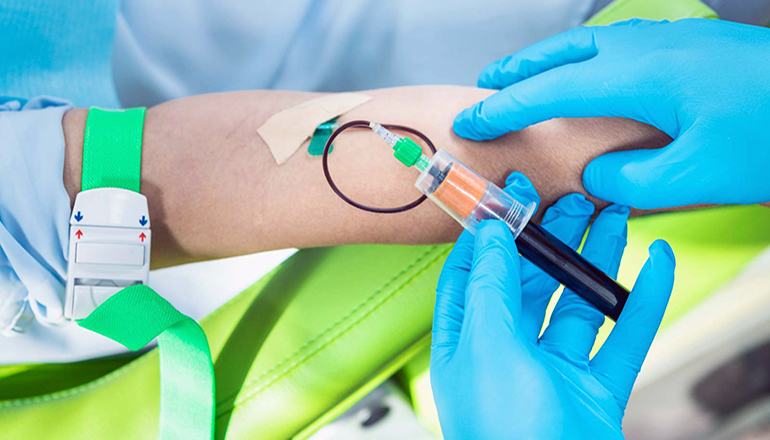
Photo Credit by: bing.com / blood draw livingston clinics offer county health june center kttn
IV Video Course | Nurse Keith
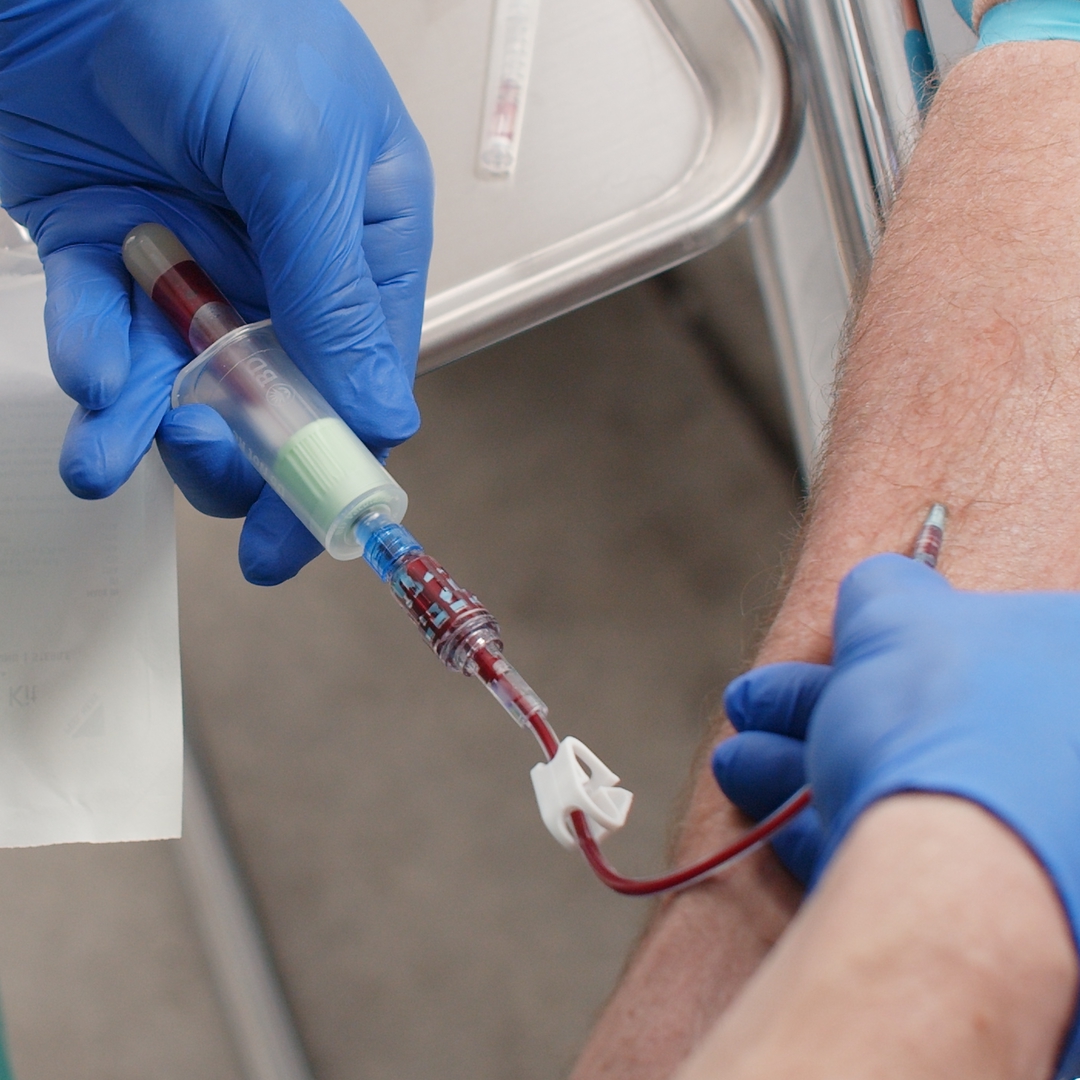
Photo Credit by: bing.com / iv blood draw course
Blood Draw Tuesday – Geoff Fox: My Permanent Record

Photo Credit by: bing.com / geofffox
Warrantless Blood Draw Under Consideration At The Idaho Supreme Court
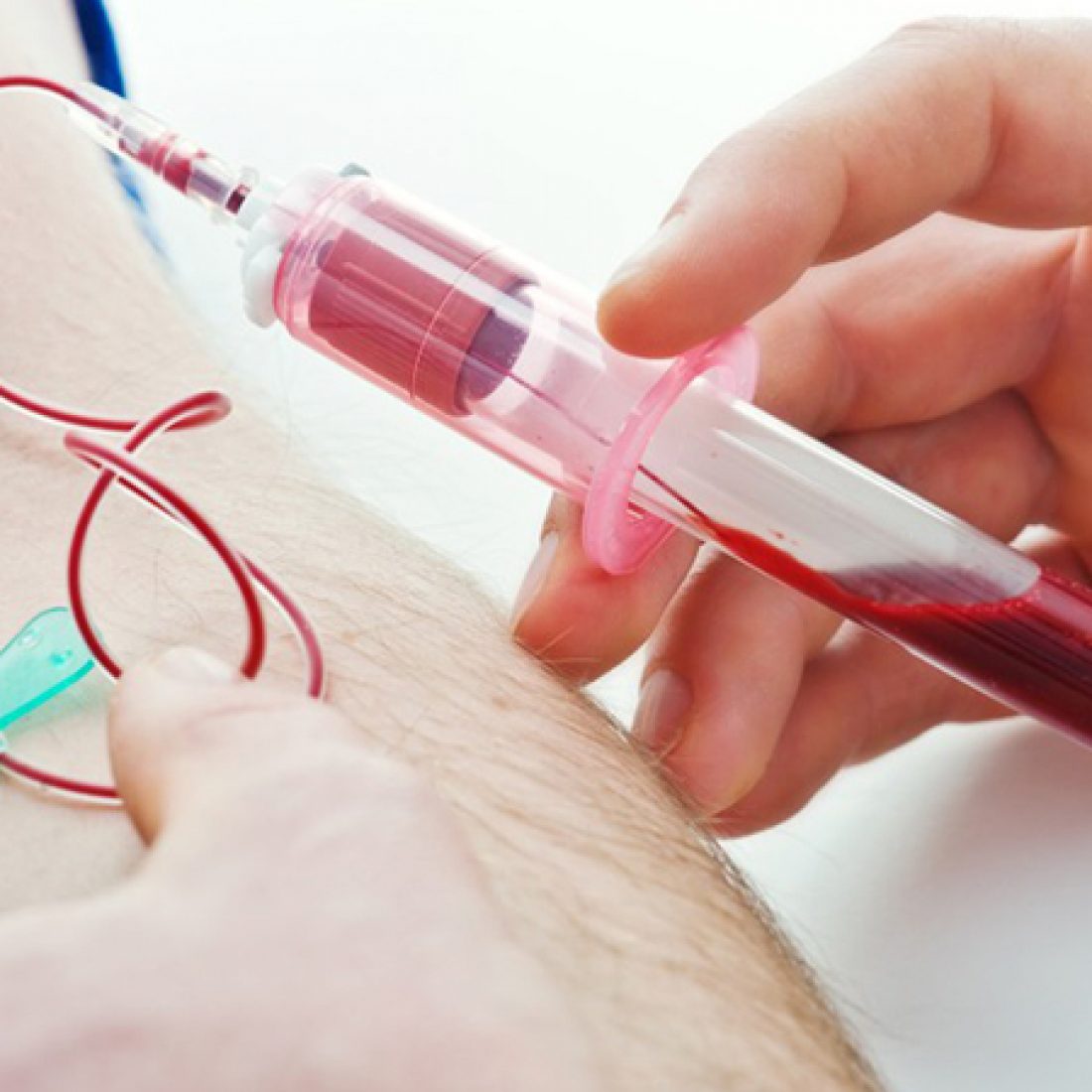
Photo Credit by: bing.com / blood draw idaho consideration warrantless supreme court under geoffrey talmon
Getting Your Blood Drawn: What You Need To Know | One Medical
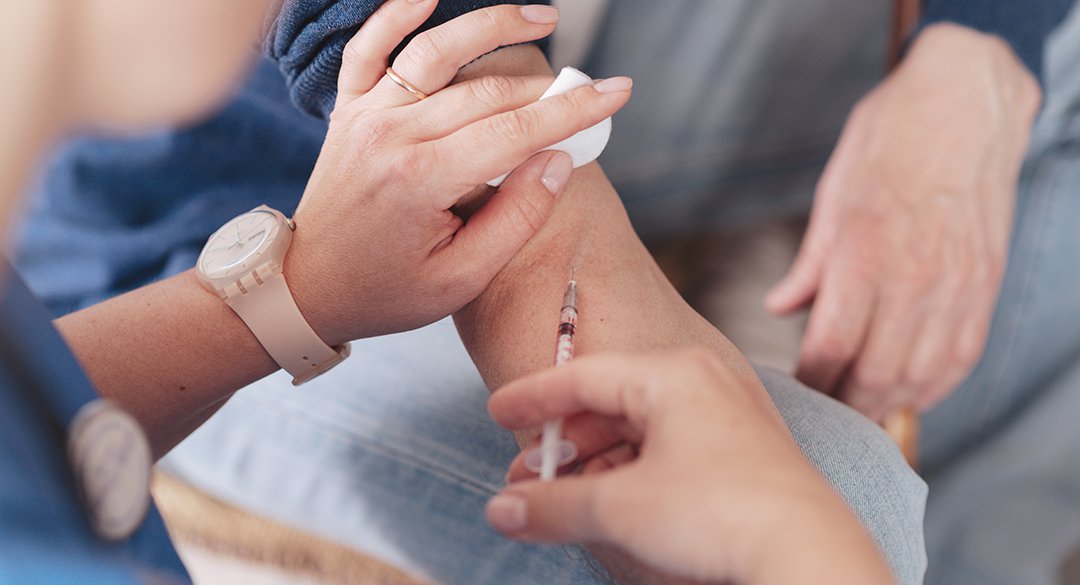
Photo Credit by: bing.com / pcr hcv hepatitis rna draw biopsy medical tes hipaa diagnostic diketahui lung polymerase rt medicalnewstoday gnm verywellhealth scientists widely allowing


